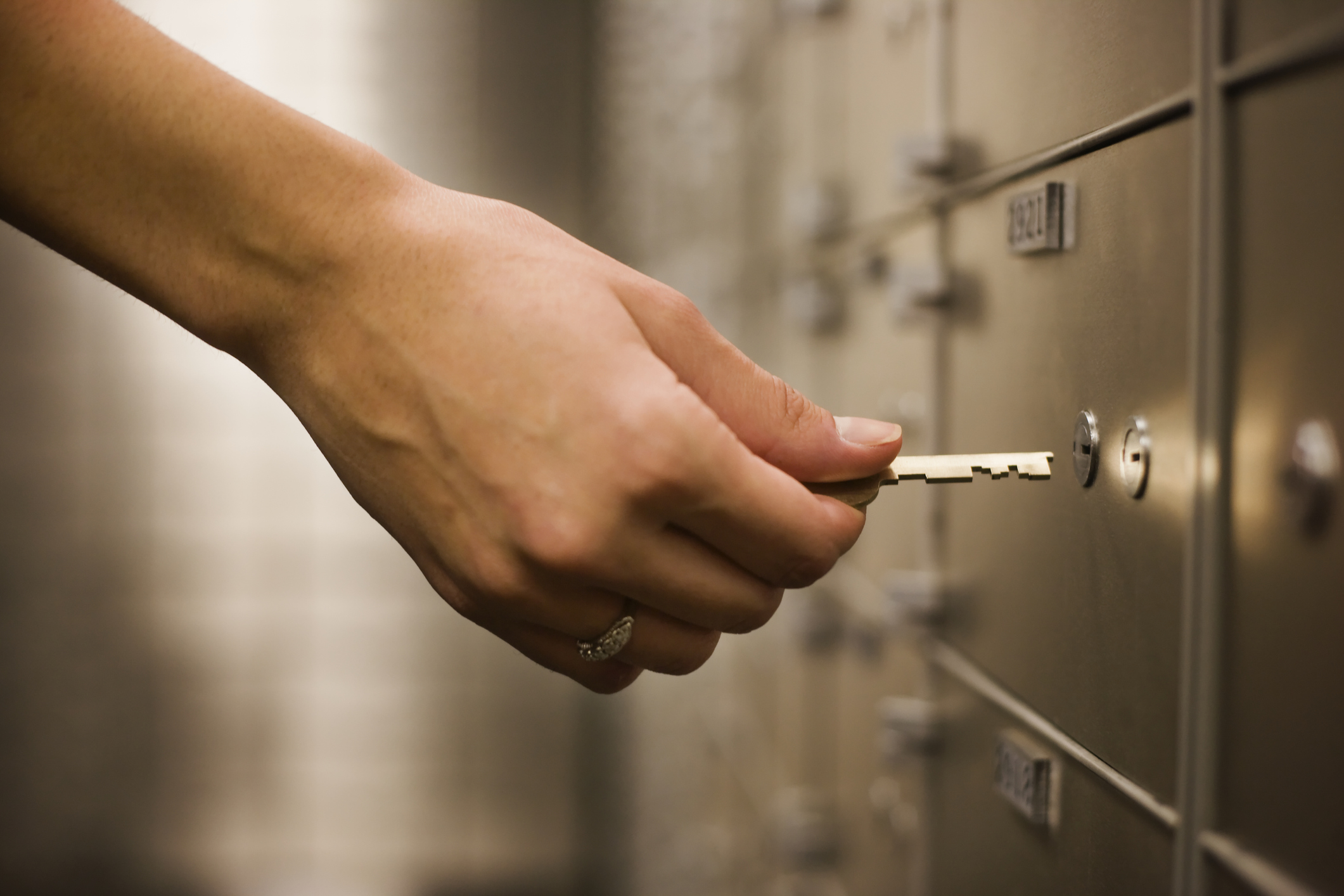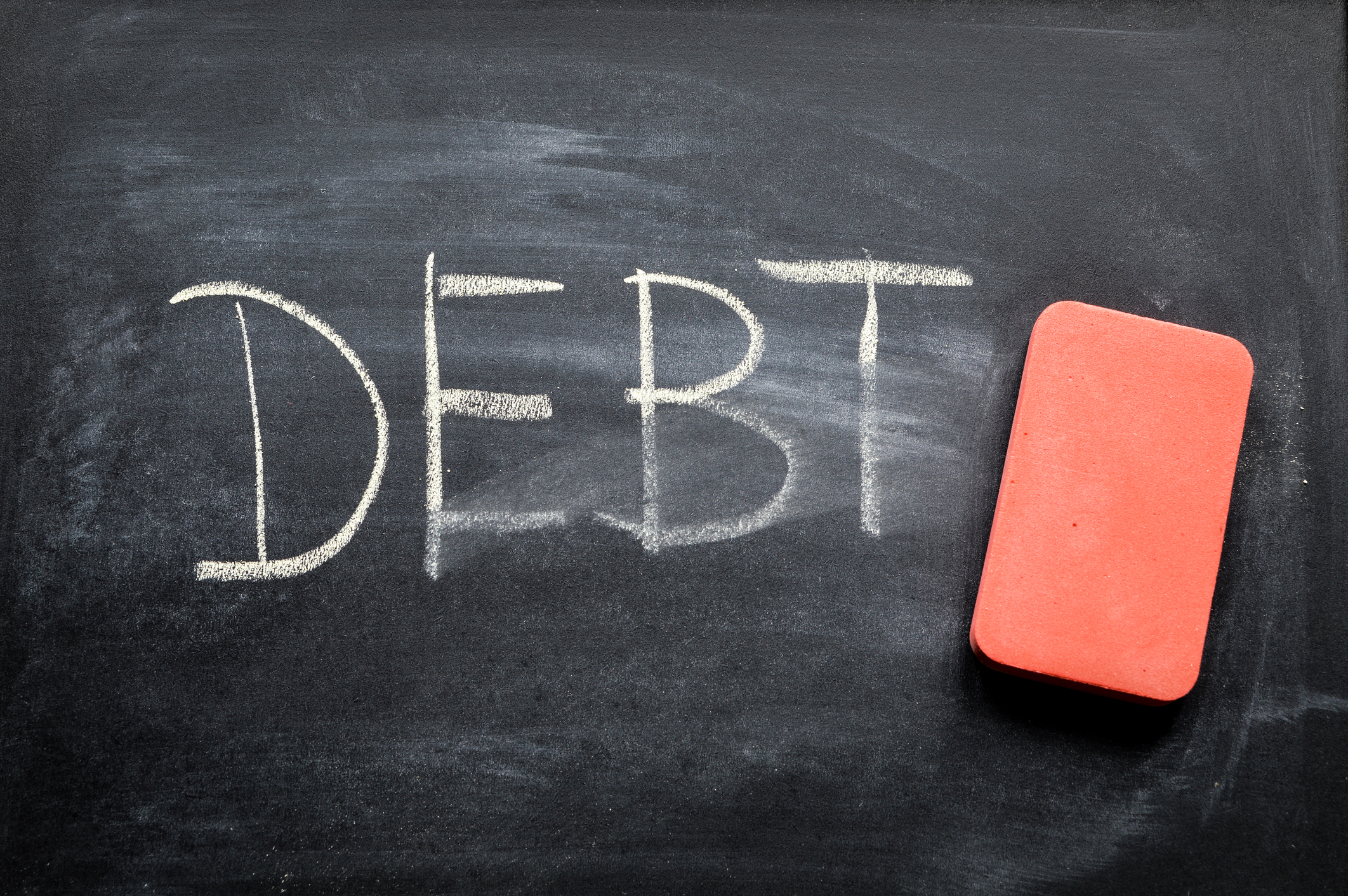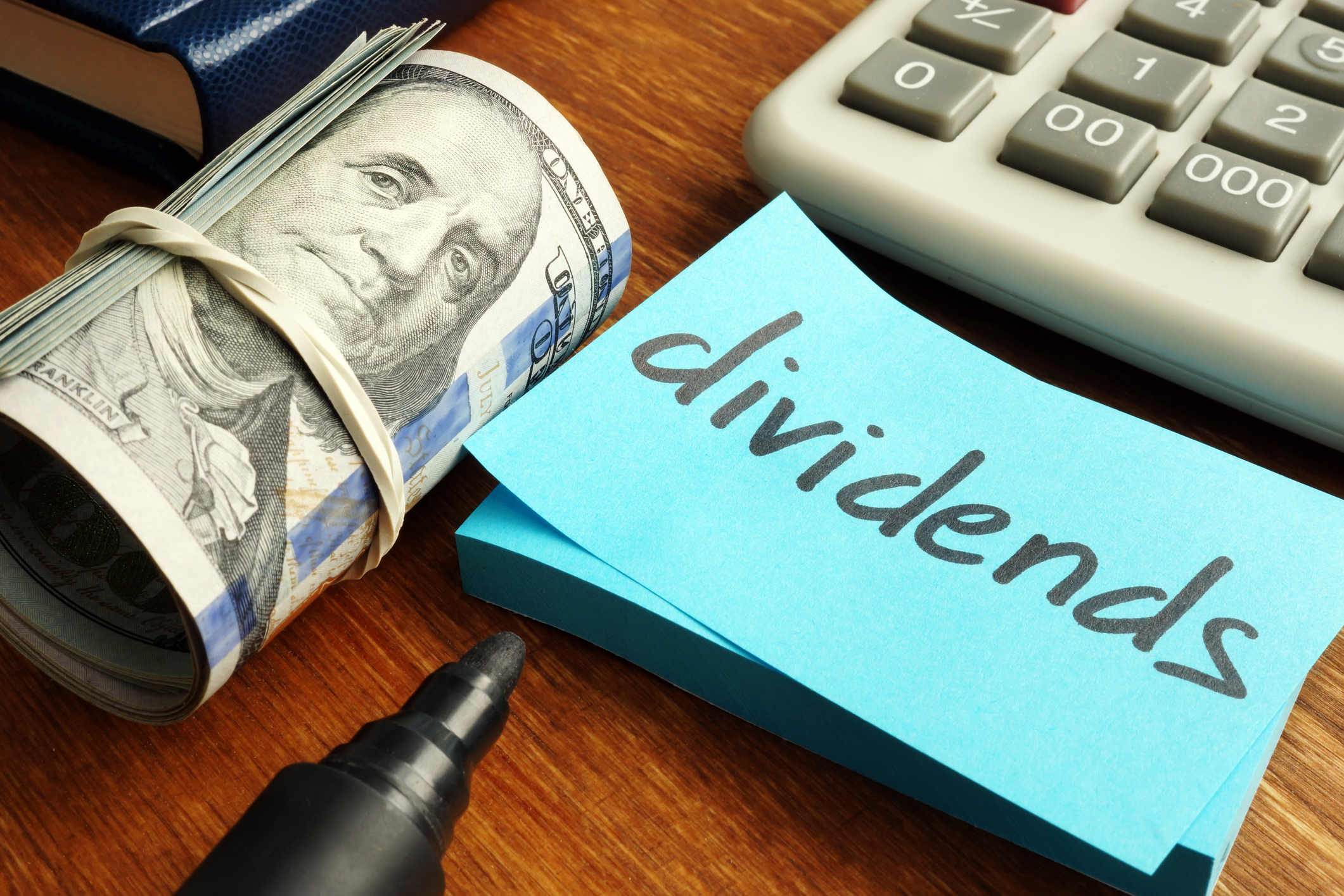Direct deposit is a simple concept. Instead of receiving paper checks that you'll have to take to a bank or scan into an app, money is electronically transferred to your account. Read on for more information about direct deposit -- when it's used, how it's generally set up, and pros and cons.

What is direct deposit?
Direct deposit is a method of transferring money electronically from the payer to a recipient's bank account. The Automated Clearing House (ACH) is the network that processes these transactions.
If you get payments from a business or the government -- such as a paycheck, Social Security benefit, or dividend -- odds are good that they're sent to your bank account via direct deposit. As has been the case with other paper-based financial transactions, the humble check has been replaced by 1s and 0s zipping through the ether, which facilitate the transfer of funds from the payer to your account.
Direct deposit has its roots in the early 1970s, when the first ACH association was created in California. At the time, bankers were worried their technology would be unable to handle the growing tsunami of paper checks.
The National Automated Clearing House Association was created to administer a network for clearing transactions. The U.S. Air Force was the first employer to adopt the system, and Social Security started testing it in 1975.
Pros and cons of direct deposit
After half a century, it's fair to say that direct deposit has become the transaction of choice for most recipients. Here are a few reasons for its popularity:
- Efficiency: Direct deposits are deposited directly into your account, with no intermediaries to gum up the works.
- Convenience: Direct deposit can save you a trip to the bank.
- Speed: Direct deposits are generally available instantly or within one business day.
- Security: Direct deposits are secure transactions that don't rely on documents that can be lost, stolen, or forged.
- Accuracy: Direct deposits are usually made with automated systems, such as a payroll or government benefits program, so there's less opportunity for error.
- Sustainability: Direct deposits don't require any physical media, such as paper, and only use a tiny amount of electricity.
That said, there are some potential downsides to direct deposit:
- Potential account compromises: A compromised bank account or stolen personal information can wreak havoc on your financial life (although that's also true of paper check payments).
- Occasional glitches: Bank systems can and do experience occasional outages and glitches.
- Setup process: Setting up a direct deposit can be a tedious and potentially error-prone process.
Related investing topics
Bottom line
With direct deposit or any other type of transaction, good financial hygiene -- such as protecting personal information and verifying deposits -- can lead to fewer headaches and more time to concentrate on building wealth.



















